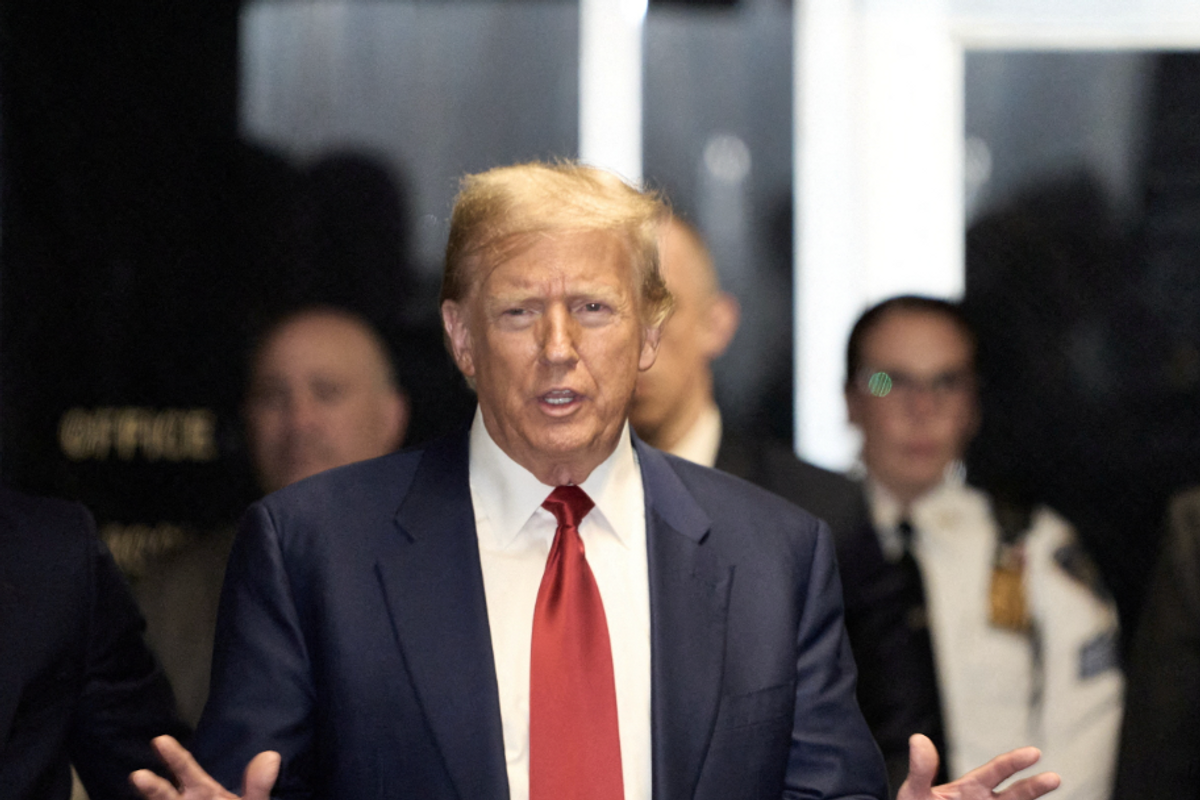WASHINGTON — Can President Obama take advantage of the egalitarian sentiment let loose in the country by the Occupy Wall Street demonstrations? Would doing so be consistent with the moderate, conciliatory persona he has cultivated?
The best response comes not from polls but from history. Eric Foner’s magnificent book on Abraham Lincoln’s evolving views on the slavery question, “The Fiery Trial,” offers some surprisingly relevant lessons.
The thing to remember is that on the slavery question, Lincoln was a moderate, not a radical. He promised in the 1860 election to leave slavery alone in the South, and even after the Civil War began, he tried again and again to conciliate Southerners, believing that Southern unionist sympathies would eventually prevail over slaveholder extremism.
As a result, he was accused by his allies of “too much tenderness toward traitors and rebels,” and Lincoln worried to Republican leader Carl Schurz that his middle-of-the-road politics would offend both Democrats (the conservative party of the time) and Republicans (many of whom yearned for bolder action against slavery). Foner summarizes Lincoln’s concerns: “He feared he was too radical for the Democrats and not radical enough for the Republicans and would end up without political support.” Sound familiar?
Eventually, Lincoln grew weary of being caught in the middle and seeing his overtures to the South rejected. The government, he observed at one point, “cannot much longer play a game in which it stakes all, and its enemies stake nothing.”
And so he finally issued the Emancipation Proclamation on Jan. 1, 1863. Hostilities commenced on April 12, 1861, with the South’s attack on Fort Sumter, so Lincoln took his time before embracing his role as the Great Emancipator. Obama, who even three months ago was seeking compromise with his congressional opponents, might understand.
Now comparing anything with Lincoln and the Civil War requires a paragraph full of caveats. So: No, we are not approaching civil war, and no, the issues we confront now aren’t as morally momentous as slavery. And lest conservative readers get bent out of shape, I am not saying that Obama is Lincoln. FDR vies with Lincoln to be America’s greatest president, and even he wasn’t Lincoln.
But the political parallels are striking. Lincoln was always aware that getting too close to the abolitionists risked losing the political center of his time. Obama also cares about the center and has been wary of his party’s left. Lincoln believed in reason and conciliation even with enemies who had taken up arms against the government he led. They wouldn’t be conciliated — and Obama has had no better luck with less fearsome opponents.
In the meantime, as Foner points out, “abolitionists and Radicals” were pushing public opinion in the North to see that ending slavery was a necessary step toward winning the war and reuniting the nation. Their “agitation,” Foner writes, “helped to establish the context within which politicians like Lincoln operated.”
And so has the agitation of Occupy Wall Street begun to change the context of our discussion. Politicians and commentators who had been silent about economic inequality and the excesses of the financial sector are finally facing up to economic injustice and the irresponsibility of the financial elites. In the meantime, Obama’s moderation has won him absolutely nothing. Having done much to save Wall Street and the banks, he receives in return only ingratitude and criticism. Bankers and financiers who needed the rest of America to bail them out now respond arrogantly when the rest of America complains about the unpaid promissory note it holds.
My old friend Doug Schoen wrote in Tuesday’s Wall Street Journal about a poll of “nearly 200” Occupy Wall Street protesters in New York, concluding that they are committed to “radical left-wing policies.” I’m sure there are some radicals in the crowd, since moderates aren’t given to mass protests. But the dissatisfaction with the privileged that the demonstrators are expressing extends far beyond the left, and majorities share OWS’ inclinations on many issues, including the need for the wealthy to pay more in taxes.
In their time, the abolitionists were radicals, too. Lincoln, a shrewd politician, understood that public opinion in the North did not fully embrace their cause but was moving in their direction. Lincoln remained at heart a moderate, but he abandoned moderation on slavery when this proved to be morally and politically unsuited to the imperatives of his moment. By following Lincoln’s example and acting against the injustices of our time, Obama could also come to occupy the high ground.
E.J. Dionne’s email address is ejdionne(at)washpost.com.
(c) 2011, Washington Post Writers Group


